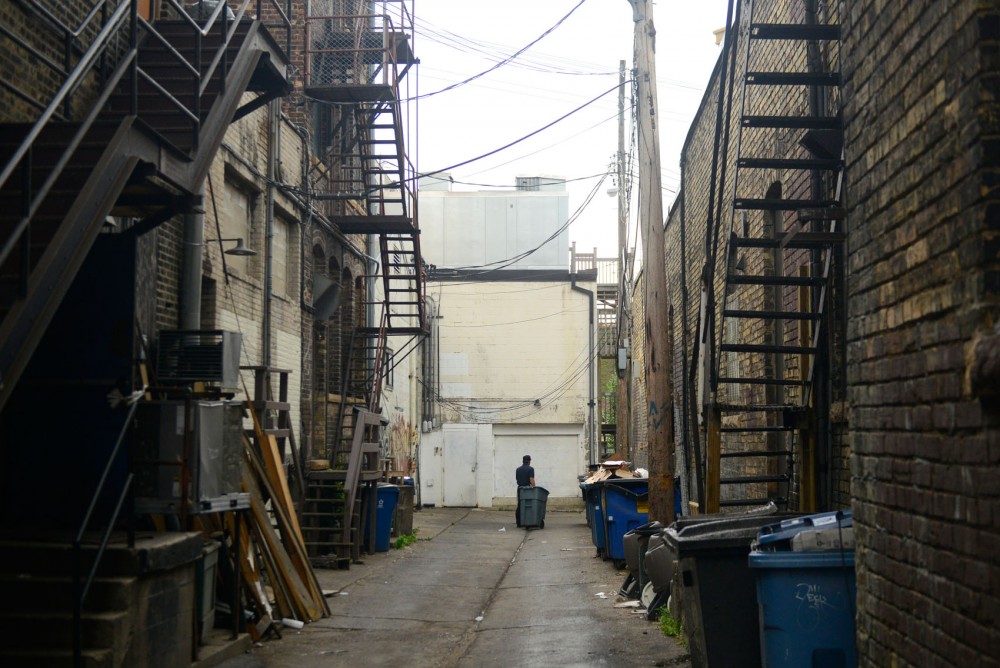Minneapolis is planning to hone their recycling and composting goals for city residents.
Following a City Council resolution, which passed earlier in June, Minneapolis’ recycling and waste program’s officials set more defined goals to increase composting throughout the city in order to to reduce greenhouse gas emissions. Still, some city leaders are worried that they won’t be able to reach their goals unless Minneapolis residents make changes in the way they toss waste.
The city is aiming for 50 percent of waste in Minneapolis to be recycled or composted by 2020 and 80 percent by 2030. The new goals set percentages to previously undefined targets.
The goals could create a healthier environment and bring revenue to the city, which sells recycled products to businesses, like plastics and construction companies, said University of Minnesota’s urban and regional planning associate professor Carissa Slotterback.
“It’s allowing us to produce new products from recycled materials rather than raw materials,” she said. “There are potential energy savings associated with that.”
The city’s ultimate goal is to develop a zero waste plan by spring 2016.
Unless people change their recycling and composting habits, the city could have trouble reaching their goals, city recycling coordinator Kellie Kish said.
“About 30 percent of [what] the average person throws away could be diverted by organics recycling programs,” she said.
“We need to get boots on the ground out in the neighborhoods and actually do some very targeted recycling education to make sure people are fully participating in the recycling program.”
The city’s success with the program will depend on how many people decide to sign up. The program starts for 25 percent of Minneapolis Solid Waste & Recycling customers in August, Kish said.
The composting project will provide bins for collecting organic waste, she said, which will then be returned to the city to use as soil for trees and green spaces.
But because apartments near the University recycle through private companies, the city can’t obtain exact data when recycling fluctuates in those buildings, Ward 2
City Councilmember Cam Gordon said. Apartment complexes also won’t have access to the city’s new composting bins.
Gordon said students’ tendencies to move at the end of a lease creates a build-up of large recyclable items like couches and mattresses lining University-area streets.
Students will often throw out several big objects all at once, he said. The city’s recycling system can take up to two non-recyclable or recyclable large items per week from each household, Kish said.
“Getting a good system to get as much as that reused and recycled as we can is a challenge,” Gordon said.
University graduate Whitney Kempfert now lives and manages maintenance at the Students’ Cooperative on University Avenue Southeast, where students and graduates compost for their own vegetable garden.
She said she thinks that the city’s goals will force Minneapolis residents to consider which materials are recycled and why, leading them to recycle more.
“Compost is a good way to maintain nutrients in the system,” she said. “It’ll make us more efficient.”
Danielle Spizzirri, a social work graduate student living in Marcy-Holmes, said she recycles but wishes she had more carts to put her recycled items in.
“From what I know, [recycling is] worth it,” she said. “It takes like 10 extra seconds to sort it.”

















